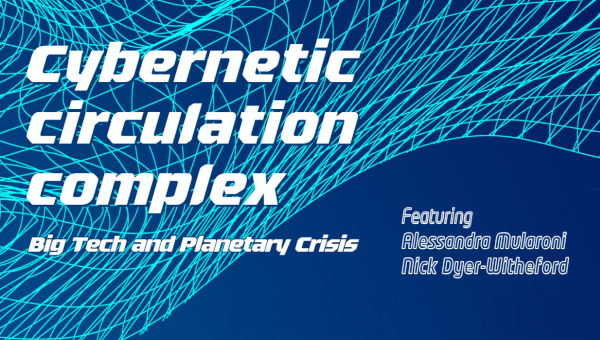
Below are some highlights from a short piece by Ho Chi Minh, from 1960 (click here for complete piece at Marxists Internet Archive). Enjoy!
The Path Which Led Me To Leninism
After World War I, I made my living in Paris, now as a retoucher at a photographer’s, now as painter of “Chinese antiquities” (made in France!). I would distribute leaflets denouncing the crimes committed by the French colonialists in Viet Nam.
At that time, I supported the October Revolution only instinctively, not yet grasping all its historic importance. I loved and admired Lenin because he was a great patriot who liberated his compatriots; until then, I had read none of his books.
The reason for my joining the French Socialist Party was that these “ladies and gentlemen” - as I called my comrades at that moment - has shown their sympathy towards me, towards the struggle of the oppressed peoples. [...]
Heated discussions were then taking place in the branches of the Socialist Party, about the question whether the Socialist Party should remain in the Second International, should a Second and a half International be founded or should the Socialist Party join Lenin’s Third International?
I attended the meetings regularly, twice or thrice a week and attentively listened to the discussion. First, I could not understand thoroughly. Why were the discussions so heated? Either with the Second, Second and a half or Third International, the revolution could be waged. What was the use of arguing then? As for the First International, what had become of it?
What I wanted most to know - and this precisely was not debated in the meetings - was: which International sides with the peoples of colonial countries?
I raised this question - the most important in my opinion - in a meeting. Some comrades answered: It is the Third, not the Second International. And a comrade gave me Lenin’s “Thesis on the national and colonial questions” published by l'Humanite to read.
There were political terms difficult to understand in this thesis. But by dint of reading it again and again, finally I could grasp the main part of it. [...] Though sitting alone in my room, I shouted out aloud ... : “Dear martyrs, compatriots! This is what we need, this is the path to our liberation!”
[...] Though I was still lacking French words to express all my thoughts, I smashed the allegations attacking Lenin and the Third International with no less vigour. My only argument was: “If you do not condemn colonialism, if you do not side with the colonial people, what kind of revolution are you waging?”
[...] Finally, at the Tours Congress, I voted with them for our joining the Third International.
At first, patriotism, not yet communism, led me to have confidence in Lenin, in the Third International. Step by step, along the struggle, by studying Marxism-Leninism parallel with participation in practical activities, I gradually came upon the fact that only socialism and communism can liberate the oppressed nations and the working people throughout the world from slavery. [...]
At that time, I supported the October Revolution only instinctively, not yet grasping all its historic importance. I loved and admired Lenin because he was a great patriot who liberated his compatriots; until then, I had read none of his books.
The reason for my joining the French Socialist Party was that these “ladies and gentlemen” - as I called my comrades at that moment - has shown their sympathy towards me, towards the struggle of the oppressed peoples. [...]
Heated discussions were then taking place in the branches of the Socialist Party, about the question whether the Socialist Party should remain in the Second International, should a Second and a half International be founded or should the Socialist Party join Lenin’s Third International?
I attended the meetings regularly, twice or thrice a week and attentively listened to the discussion. First, I could not understand thoroughly. Why were the discussions so heated? Either with the Second, Second and a half or Third International, the revolution could be waged. What was the use of arguing then? As for the First International, what had become of it?
What I wanted most to know - and this precisely was not debated in the meetings - was: which International sides with the peoples of colonial countries?
I raised this question - the most important in my opinion - in a meeting. Some comrades answered: It is the Third, not the Second International. And a comrade gave me Lenin’s “Thesis on the national and colonial questions” published by l'Humanite to read.
There were political terms difficult to understand in this thesis. But by dint of reading it again and again, finally I could grasp the main part of it. [...] Though sitting alone in my room, I shouted out aloud ... : “Dear martyrs, compatriots! This is what we need, this is the path to our liberation!”
[...] Though I was still lacking French words to express all my thoughts, I smashed the allegations attacking Lenin and the Third International with no less vigour. My only argument was: “If you do not condemn colonialism, if you do not side with the colonial people, what kind of revolution are you waging?”
[...] Finally, at the Tours Congress, I voted with them for our joining the Third International.
At first, patriotism, not yet communism, led me to have confidence in Lenin, in the Third International. Step by step, along the struggle, by studying Marxism-Leninism parallel with participation in practical activities, I gradually came upon the fact that only socialism and communism can liberate the oppressed nations and the working people throughout the world from slavery. [...]







No comments:
Post a Comment